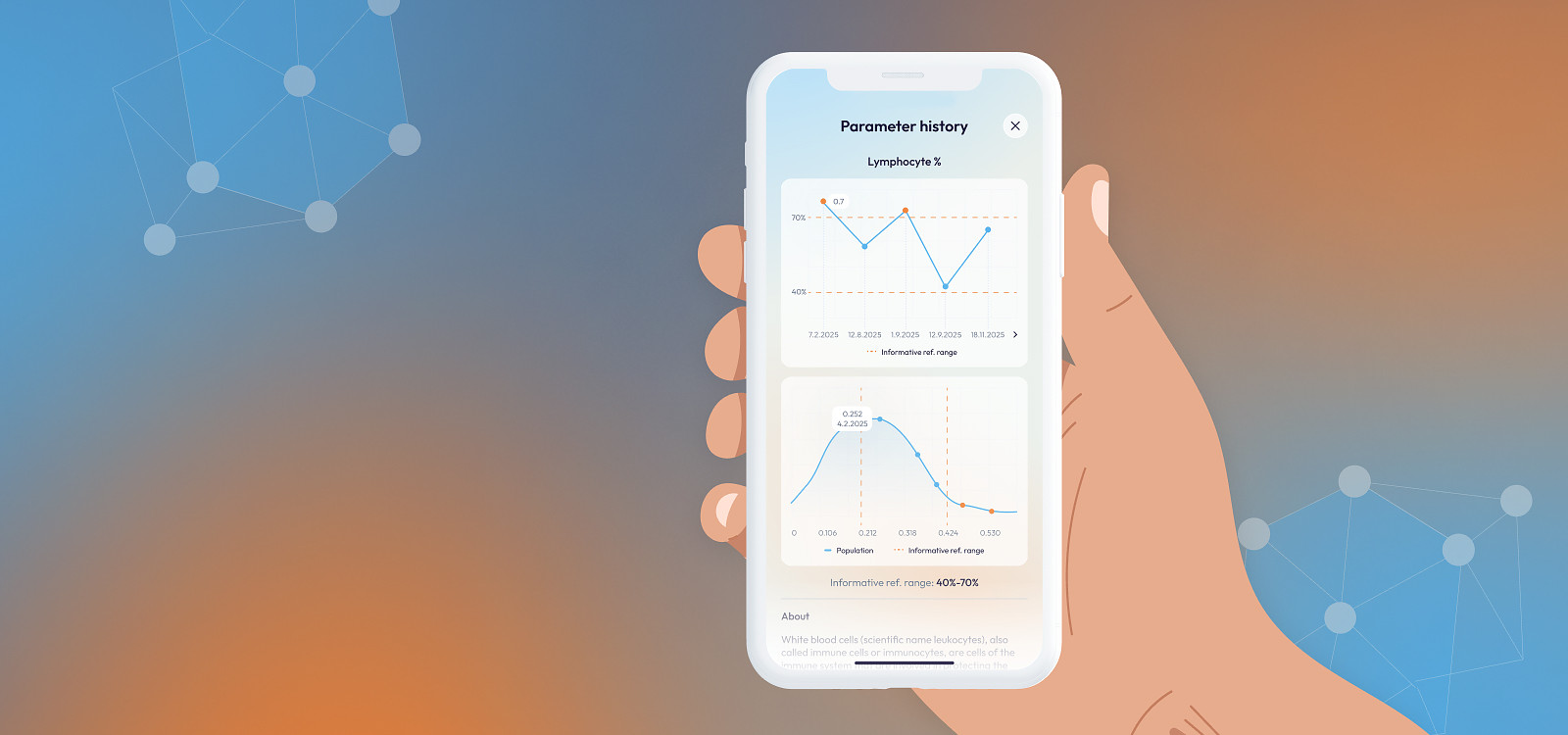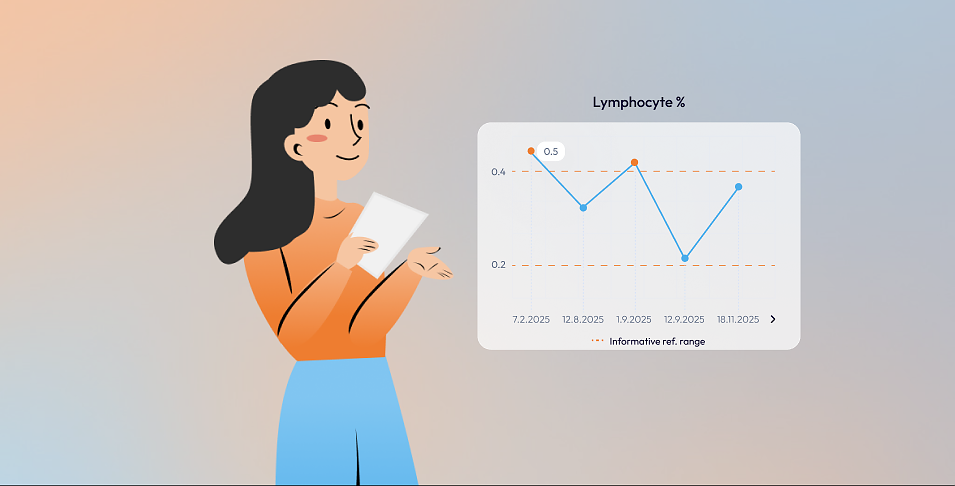Parameter Tuesday: C-Reactive Protein
C-Reactive Protein, or CRP, is a protein produced by your liver. It’s an acute phase reactant whose concentration rises sharply just a few hours after the onset of inflammation in your body. Inflammation is a natural process that happens in response to injury or infection.
Usually, the levels of CRP in your body are minimal, but these can increase a thousand-fold in response to inflammation. The increase in CRP levels is usually accompanied by symptoms like fever, pain, swelling and redness. An elevated CRP level is nonspecific, but when it does have a high value, it is a general indicator of inflammation. It is used to help doctors detect and monitor an inflammatory process and treat bacterial or fungal infections and autoimmune disorders, like lupus or rheumatoid arthritis. CRP levels are also usually very elevated after a heart attack, surgical procedure, or sepsis.
There is also a tight relation between CRP levels and cardiovascular disease. Some studies show that your CRP level is an even better indicator of cardiovascular disease than LDL (“the bad cholesterol”), but it should not be used as a test to confirm the cardiovascular disease. LDL coats your arteries and damages them at the same time, which causes inflammation. When this happens, your body tries to heal the inflammation by producing several acute phase reactants, which include CRP. The elevated level of CRP in your body stimulates molecules that initiate coagulation of your blood, and the chance of cardiovascular disease therefore increases. However, weight loss, stopping smoking, and administration of statins can help decrease CRP levels and reduce the risk of cardiovascular disease.






